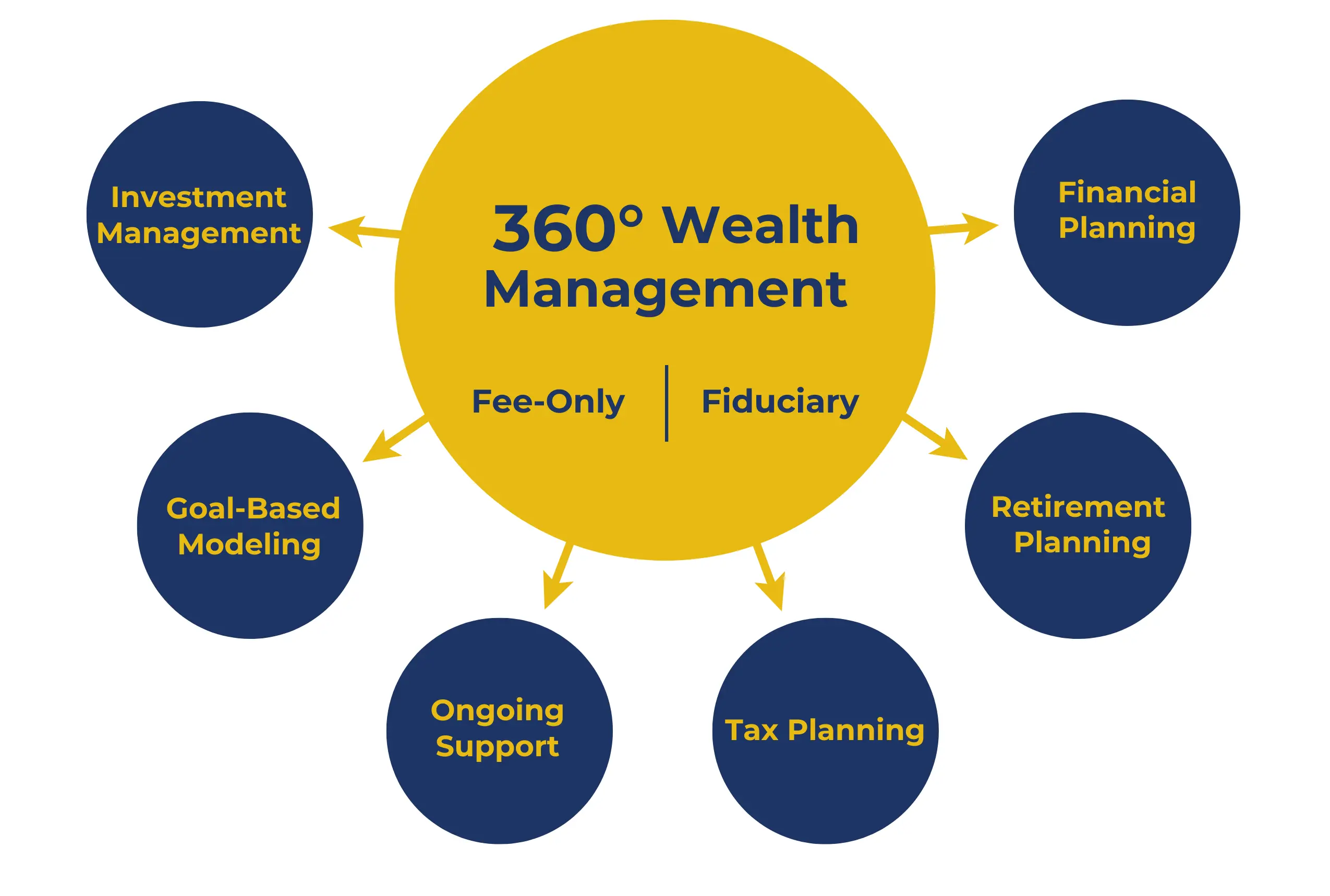Find The Best Retirement Planning Advisors Near You
Planning for retirement is a significant financial milestone, and finding the right retirement planning advisor can make a substantial difference in achieving your retirement goals. Here’s a guide to help you find the best retirement planning advisors near you:
1. Define Your Retirement Goals:
Start by clarifying your retirement objectives, including desired lifestyle, retirement age, income needs, and financial aspirations. Understanding your goals will help you and your advisor create a personalized retirement plan.
2. Research Advisor Specializations:
Look for retirement planning advisors who specialize in retirement income planning, investment strategies, tax-efficient savings, estate planning, and risk management. Choose an advisor whose expertise aligns with your specific needs and concerns.
3. Seek Recommendations:
Ask friends, family members, or colleagues for recommendations on reputable retirement planning advisors they trust. Personal referrals can provide valuable insights and establish initial trust in the advisor’s services.
4. Check Credentials and Experience:
Verify the credentials and certifications of prospective retirement planning advisors. Look for certifications such as Certified Financial Planner (CFP), Chartered Financial Consultant (ChFC), or Retirement Income Certified Professional (RICP). Assess their experience in retirement planning and client testimonials.
5. Evaluate Fee Structures:
Understand how retirement planning advisors charge for their services. Some advisors charge hourly fees, while others may charge a percentage of assets under management (AUM) or operate on a fee-only basis. Compare fee structures and ensure transparency regarding costs.
6. Consider Fiduciary Duty:
Choose a retirement planning advisor who operates as a fiduciary, meaning they are legally obligated to act in your best interest. Fiduciary advisors prioritize client interests over their own, providing unbiased recommendations.
7. Conduct Interviews and Consultations:
Schedule initial consultations with potential retirement planning advisors to discuss your financial situation, retirement goals, and investment philosophy. Use this opportunity to assess their communication style, responsiveness, and ability to address your concerns.
8. Review Investment Approach:
Inquire about the advisor’s investment philosophy and approach to managing retirement portfolios. Discuss strategies for asset allocation, risk management, diversification, and aligning investments with your retirement timeline and risk tolerance.
9. Assess Client Service and Support:
Evaluate the level of client service and ongoing support offered by the retirement planning advisor. Consider factors such as accessibility, responsiveness to inquiries, frequency of portfolio reviews, and availability for financial guidance.
10. Trust Your Instincts:
Ultimately, trust your instincts when selecting a retirement planning advisor. Choose an advisor with whom you feel comfortable discussing personal finances and who demonstrates a genuine interest in helping you achieve a secure and fulfilling retirement.
By following these steps and conducting thorough research, you can find the best retirement planning advisors near you who are capable of guiding you through the complexities of retirement planning and investment management. Investing in professional advice can provide peace of mind and help you navigate the path towards a financially secure retirement.
Explore

Get Cheap or Free Financial Advice with Professional Financial Advisors

Discover Private Wealth Management Advisors And Firms For Financial Guidance

Find a Dentist Near You for Dental Care

Find the Best HVAC Services Near You

Find the Right Therapist For Anxiety and Depression Near You

Find the Best Plumbers with Free Estimates Near You

Find the Best Physical Therapy Near You

Find Best Local Roofers & Roofing Contractors Near Me
